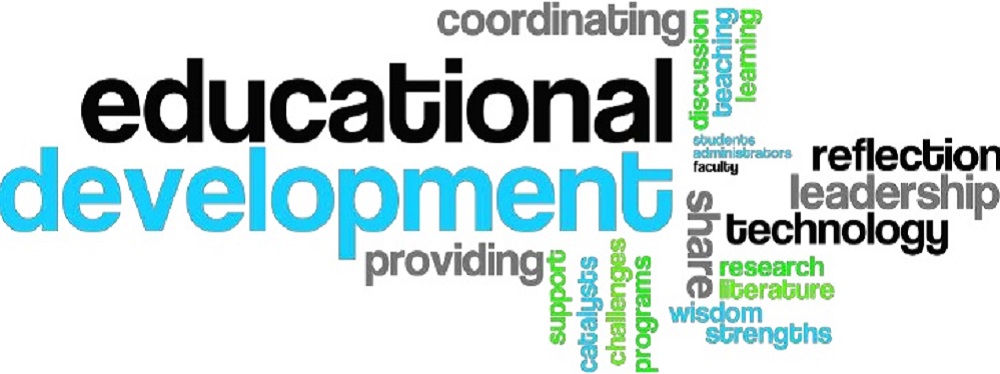WHY DO YOU ATTEND?
As a researcher, you make huge strides in advancing essential knowledge. Your achievements can save lives, change the way we understand the world and improve our quality of life. When you’re ready to share your knowledge, the best way to do it is by publishing your work.
This is a great question to ask yourself when you’re considering publishing an article. Editors and reviewers are looking for original and innovative research that adds to their field of study, sheds new light on previous findings or joins the dots between work in different areas. Your conclusions must be sound and based on robust data.
If your research contributes to knowledge in your field, your peers and researchers in other areas are likely to be interested in your work. However, your audience could be even broader than this. The more original and innovative your research, the more people will be interested. And if it’s clear, understandable and compelling, you could also share your work with the general public especially if you can explain how it affects their lives.
Scholarly articles come in a variety of shapes and sizes, each designed to suit research published at different stages, in different fields and to share different aspects of the work.
- Full articles contain significant data, detail, developments and outcomes.
- Letters and short communications are intended for the quick and early communication of significant or original advances, without including too much data or detail.
- Review papers summarize developments on a specific topic, without introducing new data.
- Research elements articles complement full research papers and describe output, such as data, methods and protocols, software, code and hardware.
If you’re unsure which type of article to write, it’s a good idea to discuss your options with your supervisor or colleagues. What’s more, remember that not all journals accept all types of article…
Attending a conference means that you can meet more advanced researchers, as well as established senior professionals and scholars. Listening to talks and presentations can open up new ways of thinking about a specific topic or even give you a new idea, one that you had previously not though about.












